- Automobiles & Motorcycles
- Beauty & Personal Care
- Business Services
- Chemicals
- Construction & Real Estate
- Consumer Electronics
- Electrical Equipment & Supplies
- Electronic Components & Supplies
- Energy
- Environment
- Excess Inventory
- Fashion Accessories
- Food & Beverage
- Furniture
- Gifts & Crafts
- Hardware
- Health & Medical
- Home & Garden
- Home Appliances
- Lights & Lighting
- Luggage, Bags & Cases
- Machinery
- Measurement & Analysis Instruments
- Mechanical Parts & Fabrication Services
- Minerals & Metallurgy
- Office & School Supplies
- Packaging & Printing
- Rubber & Plastics
- Security & Protection
- Service Equipment
- Shoes & Accessories
- Sports & Entertainment
- Telecommunications
- Textiles & Leather Products
- Timepieces, Jewelry, Eyewear
- Tools
- Toys & Hobbies
- Transportation
Exploring Different Maize Flour Milling Machine Types and Their Applications
Maize also known as corn, is a staple food in many parts of the world. Its versatility and nutritional value make it a crucial component in various cuisines. The process of turning maize into flour involves several stages, with one of the key steps being milling. Maize flour milling machines play a vital role in this process, and the choice of the right machine can significantly impact the quality of the final product. In this article, we will explore different types of maize flour milling machines and their applications.
1. Traditional Stone Mills:
One of the oldest methods of milling maize is through traditional stone mills. These mills consist of two large stones – one stationary and the other rotating. The maize kernels are fed between the stones, and the grinding action crushes the kernels into flour. While traditional stone mills have a historical significance, they are not as efficient as modern milling machines. However, they are still used in some regions, particularly in small-scale and artisanal settings.
2. Hammer Mills:
Hammer mills are widely used in maize flour milling due to their versatility and efficiency. These machines use rotating hammers to break down the maize kernels into smaller particles. The size of the final flour can be adjusted by changing the size of the perforated screens in the mill. Hammer mills are suitable for both small-scale and large-scale milling operations, making them a popular choice for maize flour production.
3. Roller Mills:
Roller mills are another common type of maize flour milling machine. These machines use cylindrical rollers to crush and grind maize kernels. The rollers can be adjusted to achieve the desired fineness of the flour. Roller mills are known for their consistent particle size distribution, resulting in high-quality flour. They are often used in commercial milling operations due to their efficiency and reliability.
4. Disc Mills:
Disc mills, also known as attrition mills, utilize spinning discs to grind maize kernels. The discs can be adjusted to control the coarseness of the flour. Disc mills are known for their high-speed milling capabilities, making them suitable for large-scale production. They are often used in industrial settings where high throughput is essential.
Further reading:The Ultimate Guide to Medical Air Compressors
The Ultimate Guide to Pellet Making Machine Prices - All Your Burning Questions Answered!
Choosing Between Single and Double Shaft Shredders
Discover the Best Vero Series Subracks for Your Electronics Needs!
The Difference Between Gear Shaping and Gear Hobbing
The Versatile Power of Shaft Shredders: Redefining Waste Management
Power Chuck Vs Manual Chuck For Workholding
5. Impact Mills:
Impact mills use the principle of impact to crush and grind maize kernels. These mills typically have a rotor with hammers or blades that strike the maize, breaking it into smaller particles. Impact mills are known for their high-speed operation and ability to produce fine flour. They are commonly used in commercial milling operations that require a high level of precision.
6. Modular Mills:
Modular milling systems are a modern approach to maize flour milling. These systems consist of interconnected modules that can be customized and arranged according to specific milling requirements. Modular mills offer flexibility and scalability, making them suitable for a range of production scales. They often incorporate advanced technologies for automation and process control, improving overall efficiency.
Applications:
The choice of maize flour milling machine depends on various factors, including the scale of production, desired flour quality, and available resources. Traditional stone mills may be suitable for small-scale artisanal production, while larger operations may opt for advanced modular milling systems or impact mills to meet higher demands.
In conclusion, the world of maize flour milling is diverse, with various machines catering to different production needs. Whether it's the simplicity of traditional stone mills or the efficiency of modern modular systems, each type of milling machine has its unique advantages. Understanding the characteristics of these machines and their applications is crucial for achieving optimal results in maize flour production, ensuring the availability of this essential food staple worldwide.
Further reading:The Working Principle of the Vacuum Tube Furnace and Precautions.
A Comprehensive Guide to Understanding Plasma Cutter
Exploring the Benefits of Valve Grinder Machines
Squirrel Cages VS Induction Motors: What is the Difference?
What is a Mushroom Grinding Machine?
Drilling Bit Types and Drilling Bit Selections
How long does a microbulk tank last?
Related Articles
If you are interested in sending in a Guest Blogger Submission,welcome to write for us!




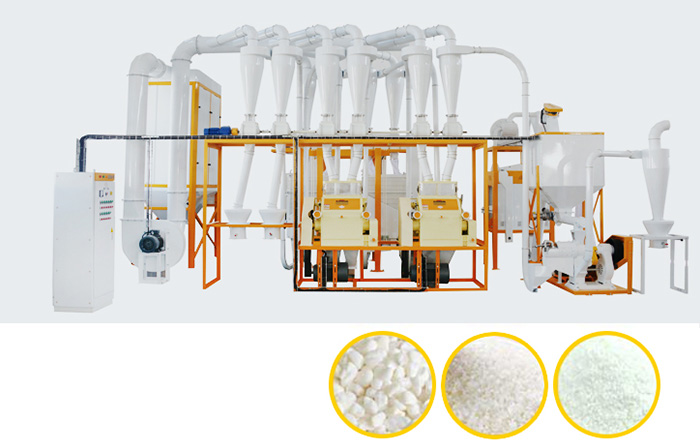
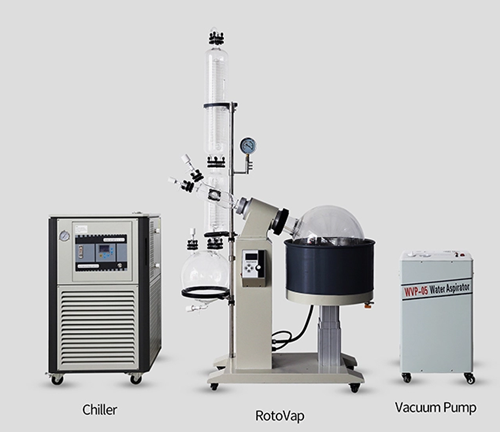
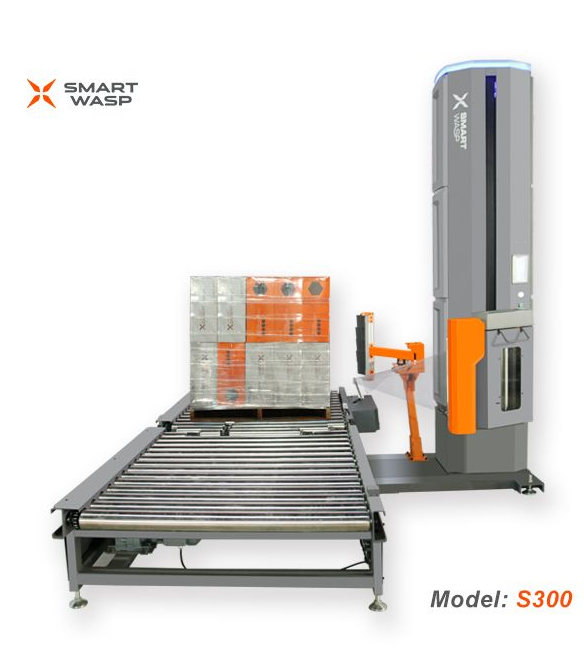
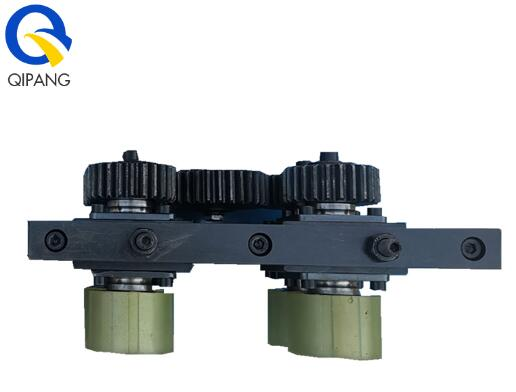
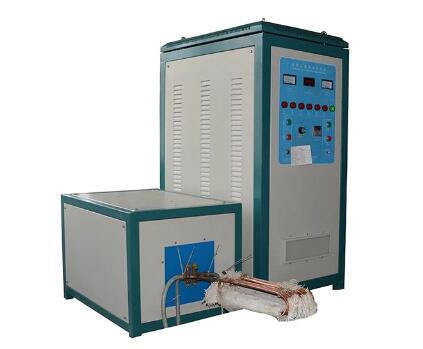
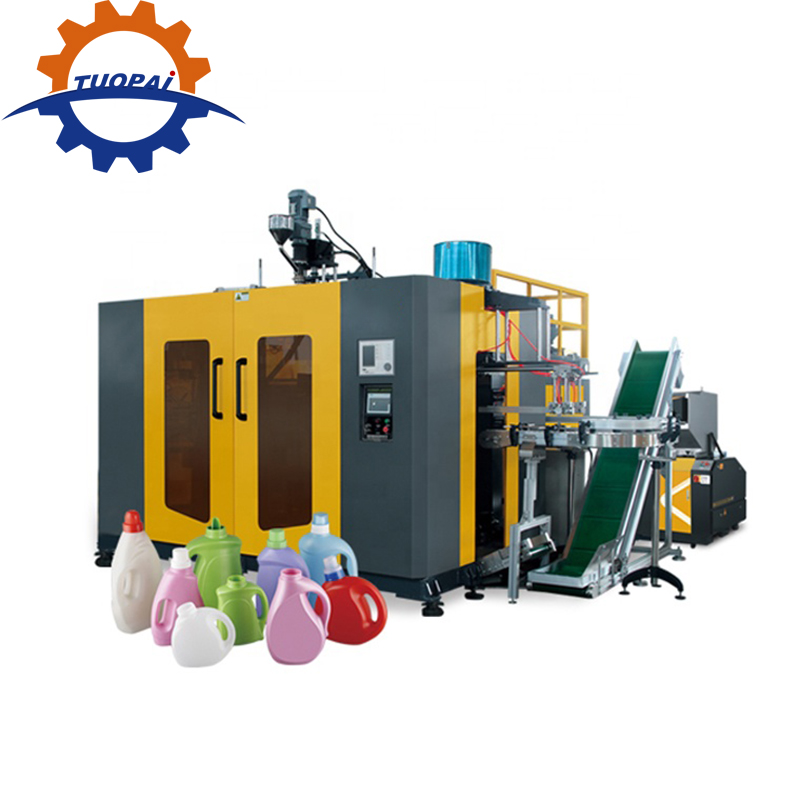
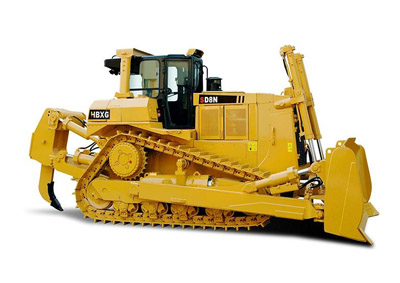
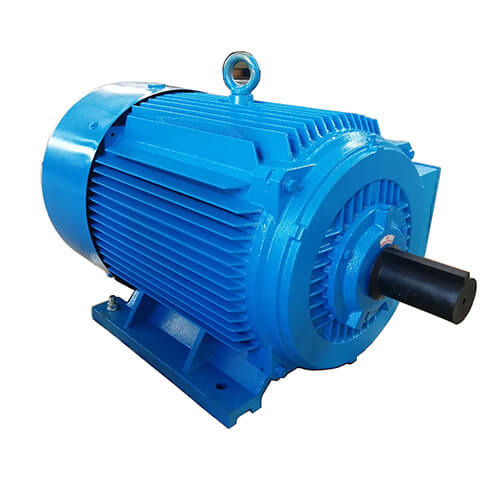
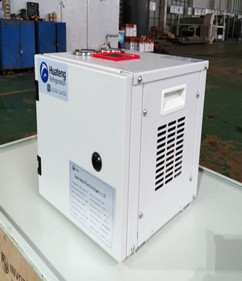
Comments
0